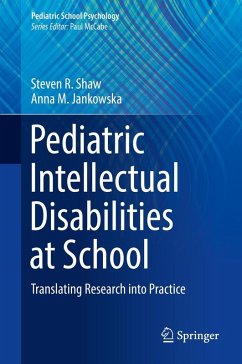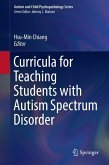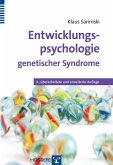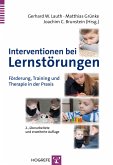This book synthesizes the most current evidence-based research and practices on prevention, assessment, intervention, and treatment of pediatric intellectual developmental disabilities. It provides a broad empirical framework for innovative practices and discusses their possible impact on children's future development, ability to learn, social skills, and quality of life. The book highlights important findings in cognitive and behavioral development for children with such disorders as 22q13 Deletion syndrome (i.e., Phelan McDermid syndrome), Prader-Willi syndrome, Williams syndrome, and sex chromosome disorders (e.g., Klinefelter syndrome) - children often considered untestable, unteachable, and unknowable. In addition, the book includes case studies that emphasize a team approach with physicians, families, school psychologists, and teachers for providing quality research-based psychological, educational, and mental health services.
Topics featured in this book include:
Up-to-date findings on the causes and symptoms of intellectual disability disorders.
Common medical treatments for children with intellectual disabilities.
Therapeutic interventions for children with intellectual disabilities.
Psychoeducational assessment practices for children requiring special education assistance.
Future directions to support people with intellectual disabilities.
Pediatric Intellectual Disabilities at School is a must-have resource for researchers, graduate students, and other professionals in child and school psychology, psychiatry, social work, special and general education, public health, and counseling.
Topics featured in this book include:
Up-to-date findings on the causes and symptoms of intellectual disability disorders.
Common medical treatments for children with intellectual disabilities.
Therapeutic interventions for children with intellectual disabilities.
Psychoeducational assessment practices for children requiring special education assistance.
Future directions to support people with intellectual disabilities.
Pediatric Intellectual Disabilities at School is a must-have resource for researchers, graduate students, and other professionals in child and school psychology, psychiatry, social work, special and general education, public health, and counseling.








